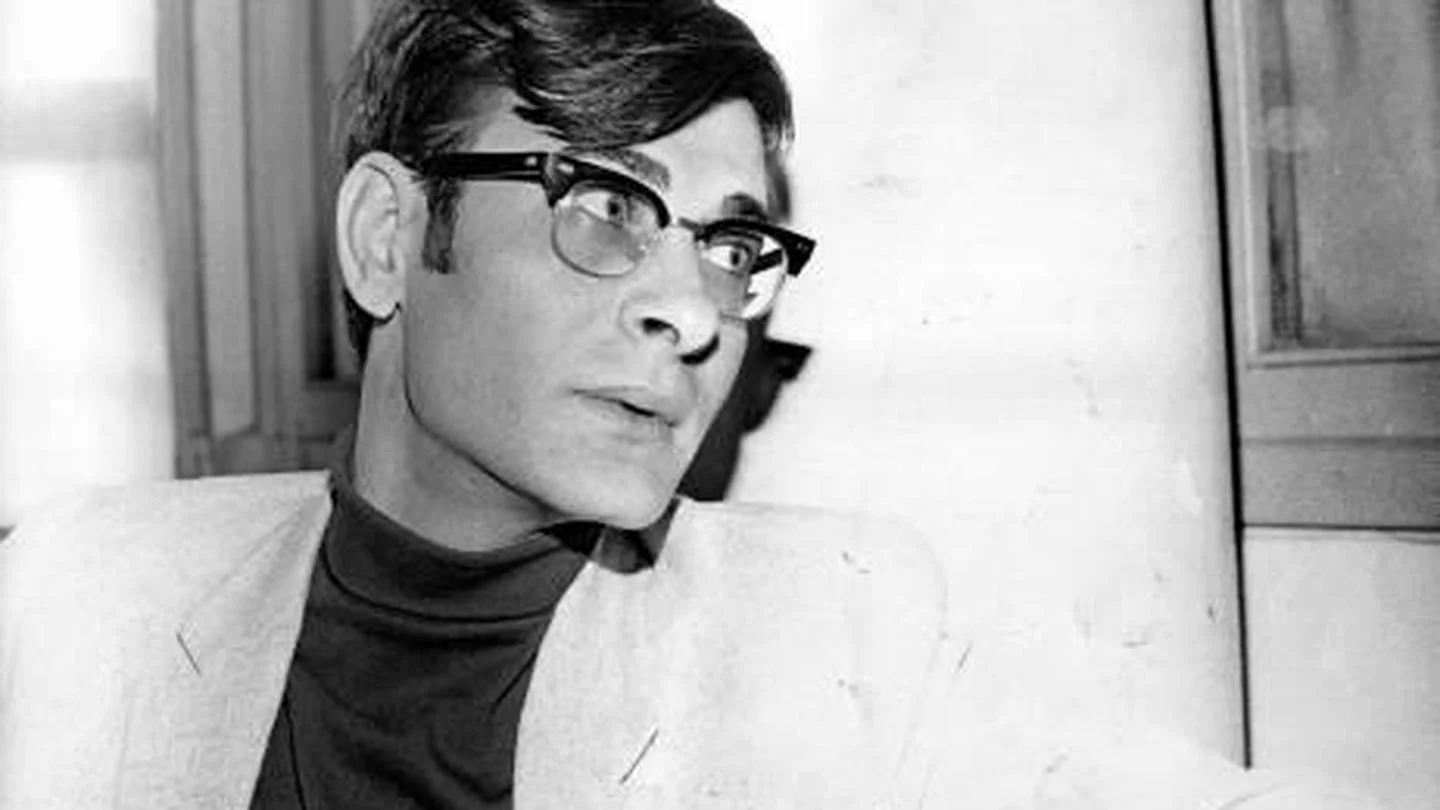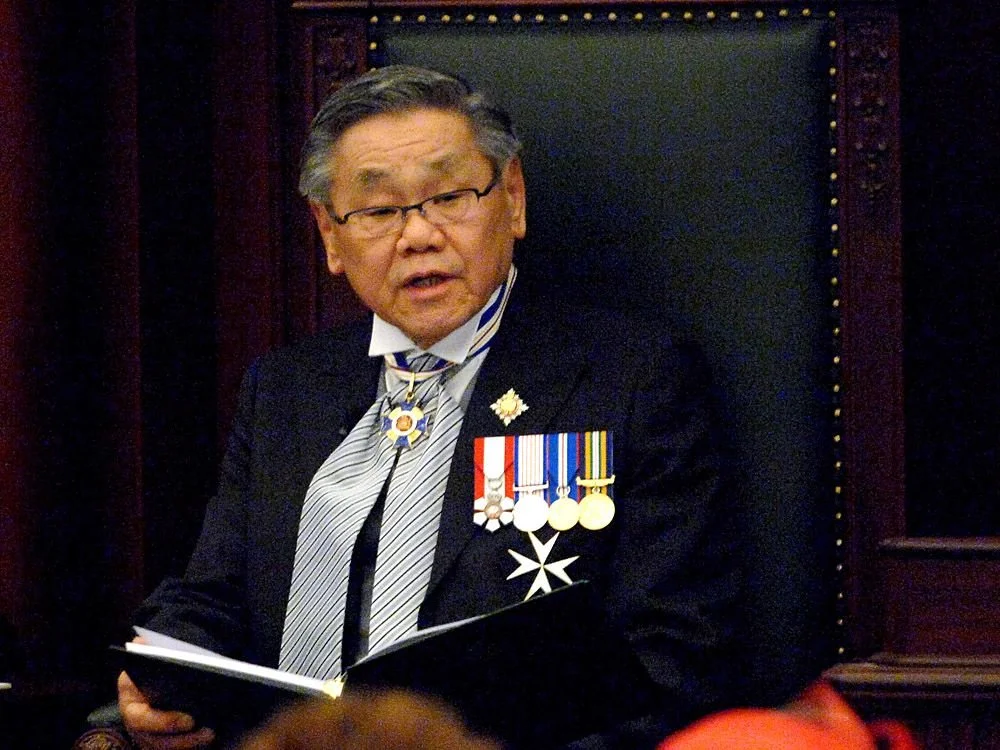4 Arab Writers You May Not Have Heard Of
Arab Heritage Month has come and is basically over, and so I am taking it upon myself to bring some belated attention to this often overlooked celebration of Arab culture, through what I think is the best way I can honour the writers who came before me: literature. All across the Arab world, literature has flourished, reflecting our history, our values, and the struggles that continue to be fought today.
Khalil Gibran
Source: Wikipedia.ca
Admittedly, I may be a little biased, starting off with a writer from my country of origin, but even so, Gibran Khalil Gibran needs none of my bias to earn his spot on this list. Born in Ottoman ruled Mount Lebanon to a family of Maronites, Gibran immigrated to the United States with his family in 1895, at the age of 12. He was a poet and visual artist, and he played an important role in a blossoming romantic movement within Arabic literature in the first half of the twentieth century. His most well known work is The Prophet, a book of prose poetry fables, and he’s the third best-selling poet in the world, right after Shakespeare and Lao-tzu.
Nawal El Saadawi
Source: nytimes.com
Described as both ‘The Simone de Beauvoir of the Arab World’ and ‘Egypt’s most radical woman’, Nawal El Saadawi lived an incredibly eventful life, with countless achievements to show for it. As a medical doctor, she witnessed the hardships faced by women in her community, and throughout her career put out multiple books, earlier on publishing short stories and memoirs, and later on non-fictions such as Women and Sex, which confronted the violence perpetuated against women’s bodies, including female genital mutilation, which El Saadawi had been subjected to as a child. The publishing of that book, along with other political activities she had been involved in, led to El Saadawi being dismissed from her position at the Ministry of Health in Cairo. Throughout the rest of her life, she would be imprisoned, forced to flee Egypt, and continue her activism, speaking out against religious fundamentalism, colonialism, and female genital mutilation. She kept writing throughout most of her life, with her last book, Mufakirat Tifla fi Al-Khamisa wa Al-Thamaneen (A Notebook of an 85-year-old Girl) being published in 2017. She tragically died in March of 2021, but her influence is unlikely to be forgotten.
Nizar Qabbani
Source: Wikipedia.ca
Much like everyone on this list, Nizar Qabbani fought against injustice through his work, as his writing was often seen as a tribute to women and womanhood, and he campaigned for equal rights for women for much of his life. This can likely be attributed to the death of his sister, who committed suicide to avoid being forced into marriage with a man that she didn’t love. A year later, he began writing poetry, and he published his first poetry collection as a university student in 1944, titled The Brunette Told Me. The collection made several references to the female body, which was shocking at the time to a conservative Syria. The city of Damascus was also a leading muse in much of his work, as was his belief in Arab nationalism and resistance. A change in his work from erotic love poems to ones with clear revolutionary themes can be seen, which I think is best summed up with a quote of his: “Heavy hearted country of my birth, without warning you transformed me from a poet singing for love to one writing with a knife.”
Mahmoud Darwish
Source: thenationalnews.com
Regarded as the national poet of Palestine, Mahmoud Darwish published more than 30 volumes of poetry and 8 books of prose over the course of his life, frequently writing about the loss of his homeland and the inevitability of his people’s return. Having been born in Palestine, and then being forced to flee with his family during the Nakba (the exiling of the Palestinian population from Palestine in 1948), it makes total sense that Darwish was passionate about resistance from a young age. He was very politically active within multiple causes, having been part of Rakah (the Israeli Communist Party), the Palestinian Liberation Organization in Beirut, and he expressed many of his beliefs in his work, to the point that he is referred to as a Resistance Poet, being well known for his role as a spokesman for Arab resistance against Israel. He died in 2008 due to complications after heart surgery and is now buried next to Ramallah's Palace of Culture, at the summit of a hill overlooking Jerusalem.








